The Best Hangover Cure: Top Remedies That Really Work
Looking for the best hangover cure? This guide will show you quick remedies like hydration, nutrient-rich foods, and pain relief strategies. Discover what works best to help you recover swiftly.
Key Takeaways
-
Hangover symptoms vary in severity and can include headaches, nausea, and fatigue, influenced by genetics and overall health.
-
Hydration and proper nutrition are key for alleviating hangover symptoms, with NSFIDs recommended for pain management but should be used cautiously.
-
Preventing hangovers is easier than treating them; strategies include drinking in moderation, choosing low-congener beverages, and eating before or during alcohol consumption.
Understanding Hangover Symptoms
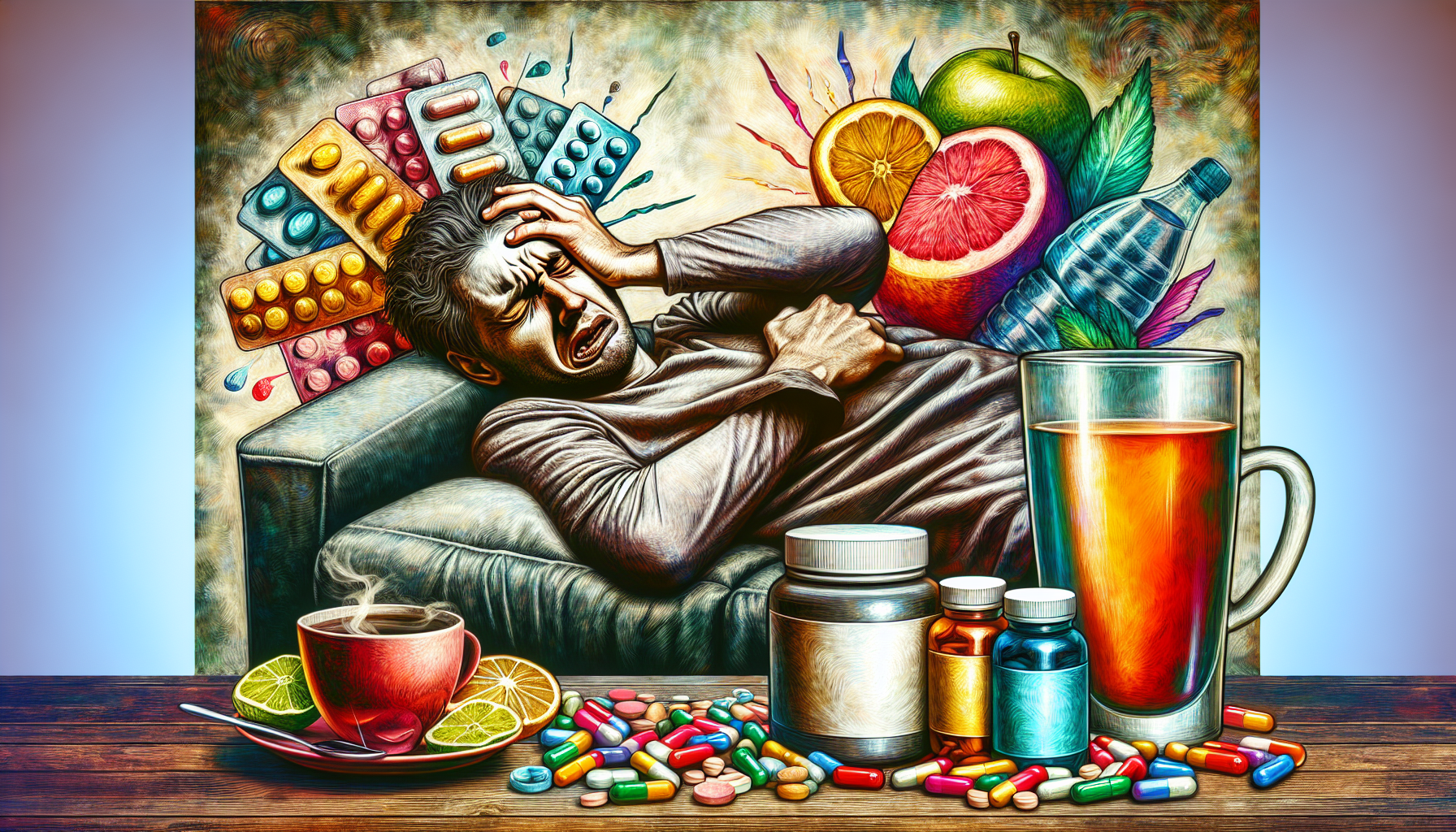
Hangover symptoms can vary widely, but some of the most common alcohol hangover symptoms include symptoms of a hangover:
-
headaches
-
nausea
-
fatigue
-
sensitivity to light and sound
-
stomach discomfort
Hangover symptoms often make routine tasks feel insurmountable. While some may experience mild symptoms, others face severe discomfort, making daily tasks arduous.
The severity of hangover symptoms can differ greatly from person to person. Some individuals seem to be more resistant to hangovers, while others experience severe hangover symptoms after consuming even small amounts of alcohol. Genetics, overall health, and drinking habits influence how your body reacts to alcohol. Alcohol also disrupts sleep patterns, contributing to fatigue and poor sleep quality.
Symptoms often peak when blood alcohol levels concentration (BAC) drops to zero. This phenomenon is common among many people. Even after you stop drinking, your body continues to metabolize alcohol, and the hangover peaks once all alcohol is processed. Recognizing these symptoms and their progression aids in managing and anticipating hangovers.
The Science Behind Hangovers
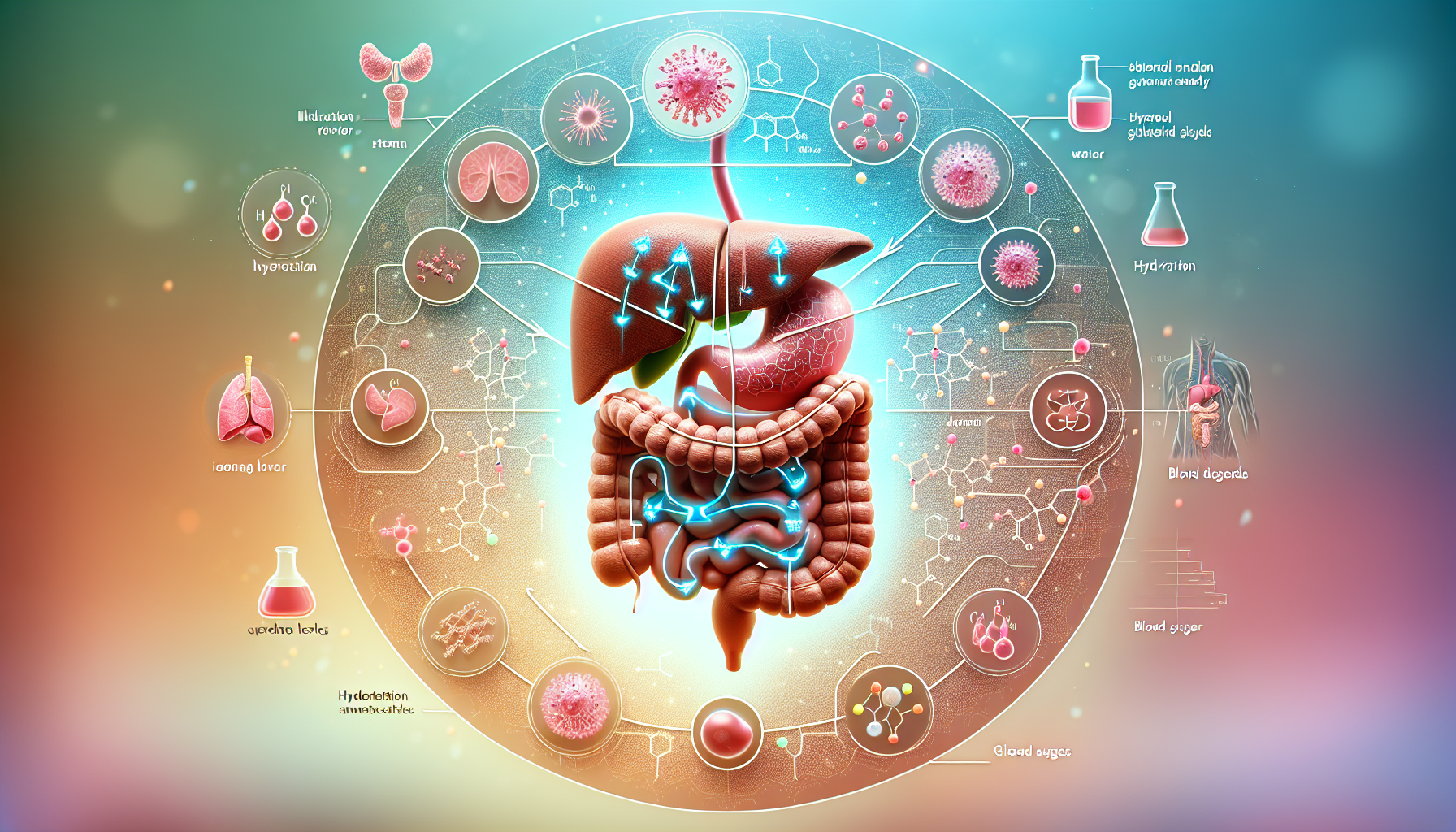
Hangovers begin with how your body metabolizes alcohol. Your body converts alcohol into acetaldehyde, a toxic byproduct affecting various organs. High acetaldehyde levels can bind to proteins, amplifying hangover severity.
Alcohol consumption increases urination, causing dehydration and electrolyte imbalances. This dehydration leads to extreme thirst and dizziness. Excessive drinking, combined with alcohol-induced inflammation, contributes to overall discomfort.
Congeners, substances in alcoholic beverages, can worsen hangover symptoms. Drinks with higher congener levels, such as red wine and dark liquors, can make your hangover worse.
The enzyme dehydrogenase, which breaks down alcohol in the liver, requires NAD+. An NAD+ precursor like NMN can aid this metabolic process, providing quick relief.
Immediate Remedies for Hangover Relief
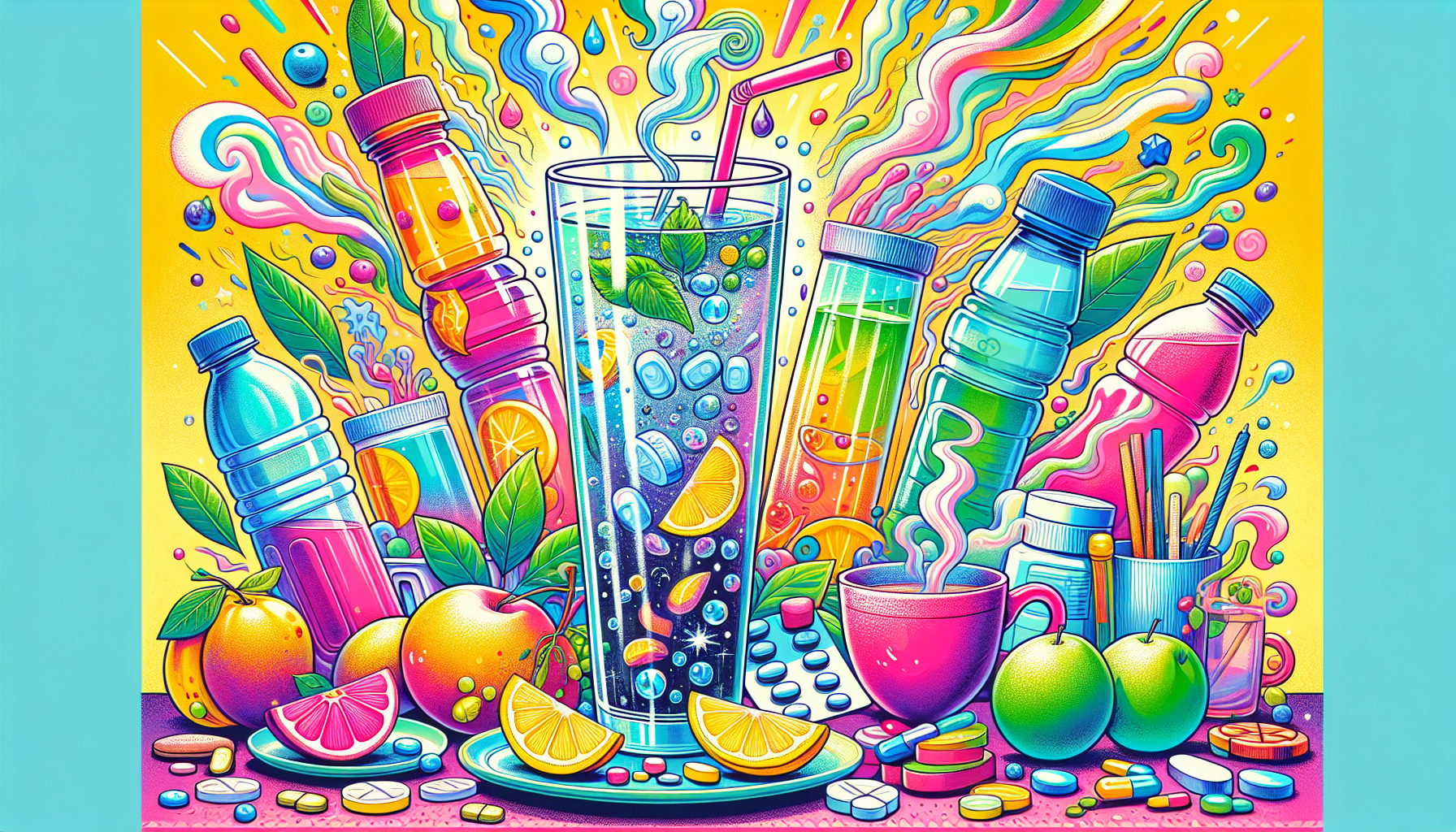
Finding immediate relief during a hangover is crucial. The goal is to quickly ease symptoms for a faster recovery. Effective hangover remedies include staying hydrated, eating nutrient-rich foods, and using appropriate medications.
While nonsteroidal anti-inflammatory drugs (NSAIDs) can help with headaches and muscle aches, they should be used cautiously, especially acetaminophen, which can cause liver damage when combined with alcohol. Consuming water and electrolyte-rich drinks significantly alleviates dehydration symptoms.
Bland, easy-to-digest foods can soothe an upset stomach and aid recovery.
Hydration Strategies
Hydration is essential for alleviating hangover symptoms. Alcohol-induced dehydration leads to dry mouth, fatigue, and dizziness. Counteract these effects by drinking plenty of water and electrolyte-rich beverages.
Water and electrolyte-rich sports drinks help ease dry mouth and stomach upset. Electrolyte rich sports drinks restore the body’s balance and aid recovery.
Nutritional Support
Nutritional support provides essential nutrients that help alleviate hangover symptoms. Vitamin B6 may help mitigate symptoms when consumed in food or supplements.
Amino acids like L-cysteine, found in eggs and yogurt, also help alleviate symptoms. Including these foods in your post-drinking routine supports your immune and digestive systems.
Pain Management
Managing pain is crucial for treating hangovers. NSAIDs like ibuprofen and aspirin are commonly used for headache relief. These medications alleviate pain but should be used cautiously if you have nausea or an upset stomach.
Avoid acetaminophen, as combining it with alcohol can be toxic to the liver. NSAIDs are preferred over acetaminophen due to liver safety. Use NSAIDs carefully to avoid further stomach irritation.
Preventing Future Hangovers
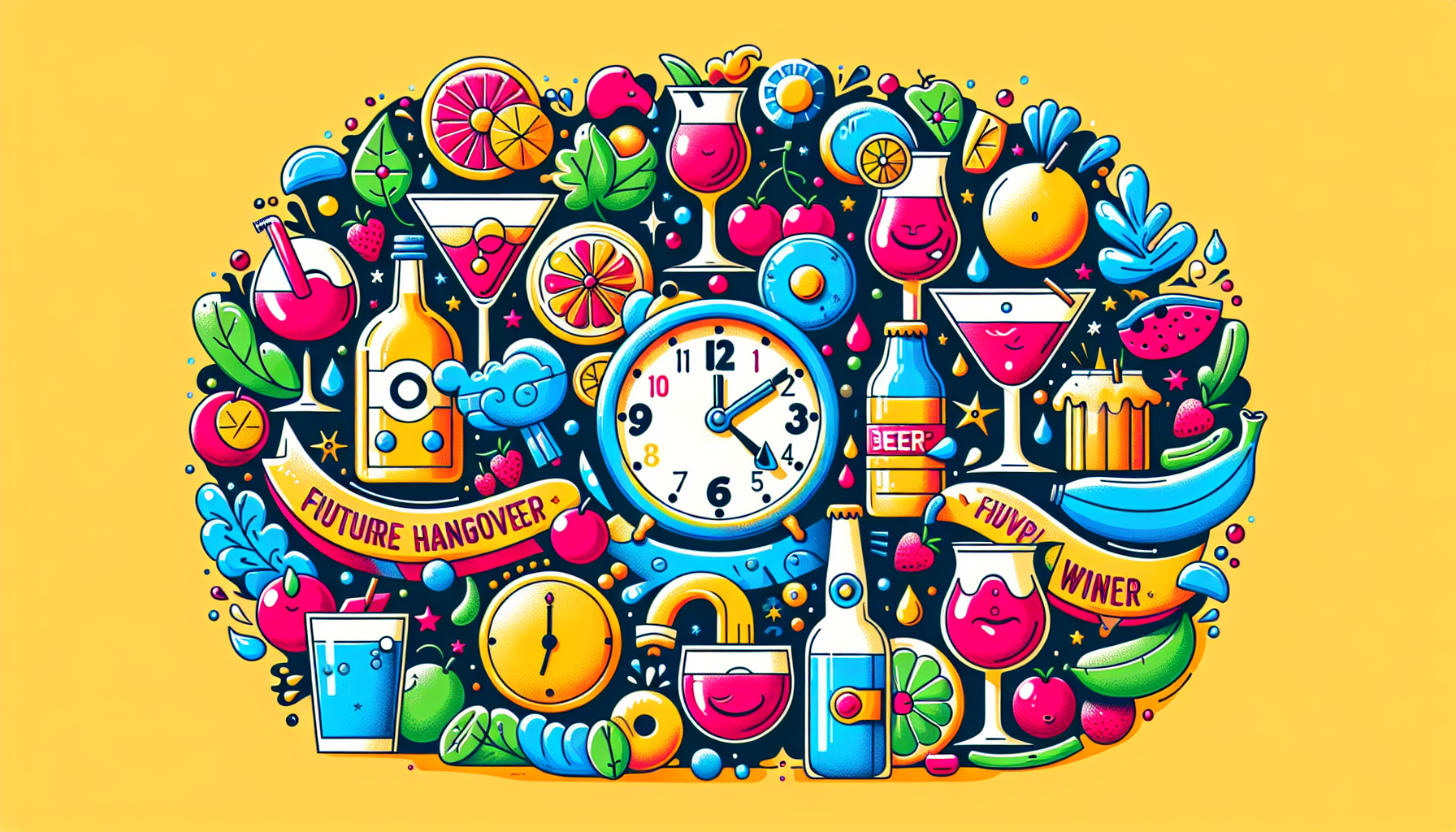
Preventing hangovers is easier than treating them. Limiting alcohol consumption reduces hangover severity. Avoiding triggers like certain social situations or stress can help manage alcohol intake.
A support system of friends or healthcare providers can assist in reducing alcohol consumption. Setting limits on drinking days and quantities helps manage alcohol intake. Moderation combined with proper hydration effectively prevents severe hangovers.
Drinking Slowly and Moderately
Drinking alcohol slowly mitigates excessive alcohol intake. A slower drinking pace gives your body more time to process consuming alcohol, reducing hangover risk.
Taking breaks between drinks further mitigates symptoms. Giving your body time to process alcohol helps you enjoy your night without harsh consequences. If you choose to drink alcohol, moderation is key.
Choosing the Right Alcoholic Drinks
Choosing the right beverages reduces the risk of severe hangovers. Clear spirits like vodka or gin result in fewer hangover symptoms than darker beverages. Low-congener beverages like vodka and gin may lessen hangover intensity.
Light beers tend to cause less severe hangovers than dark beers and red wine.
Eating Before and While Drinking
Eating before and while drinking significantly affects alcohol absorption. A substantial meal before drinking slows alcohol absorption, reducing hangover risk. Eating while drinking also slows alcohol absorption, potentially reducing symptoms.
Protein- and fat-rich foods are particularly effective.
Debunking Common Hangover Myths
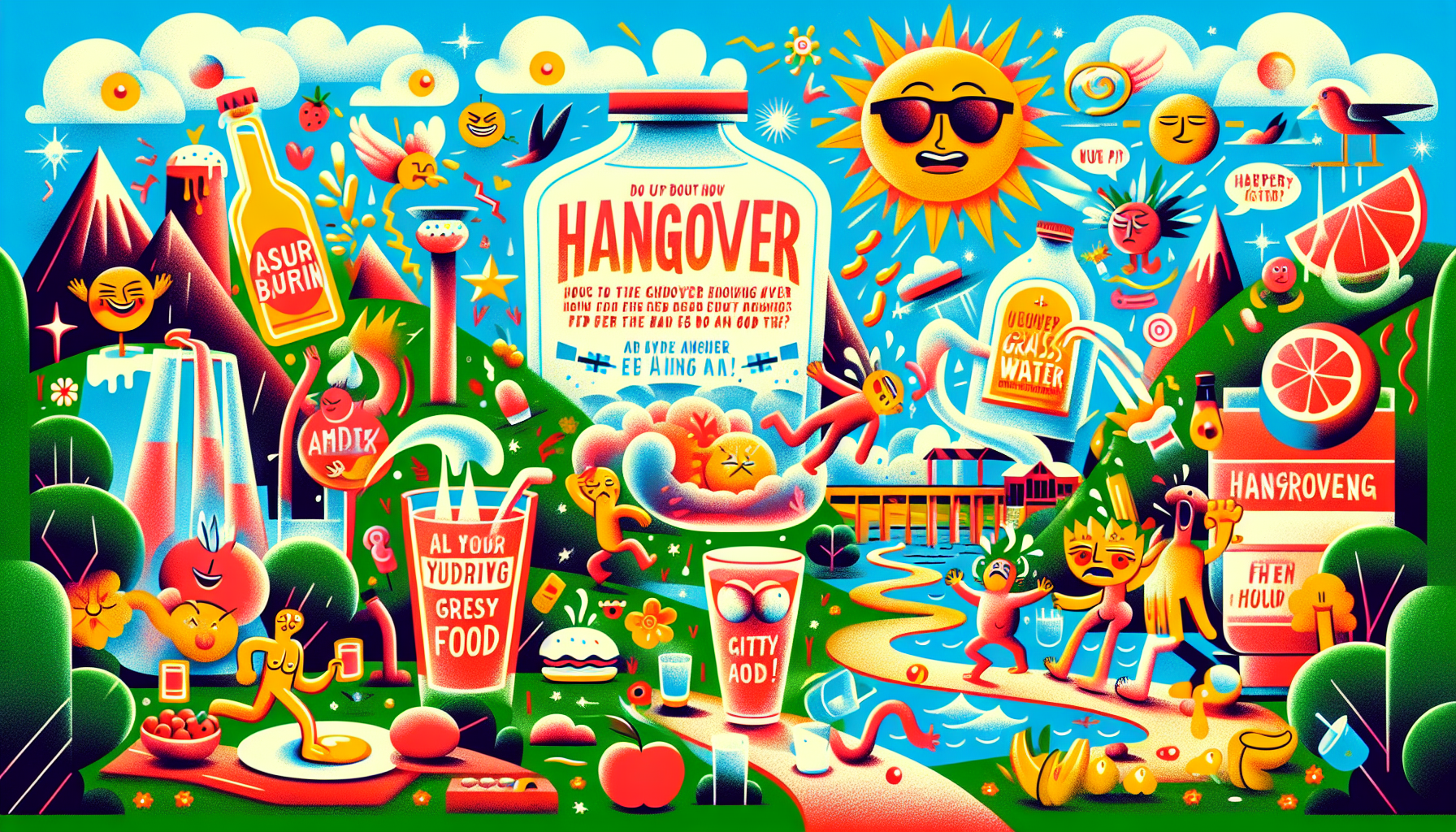
Many hangover myths persist despite scientific debunking. One myth is that a morning drink helps avoid a hangover. While it may temporarily ease symptoms, it can prolong the hangover.
Another myth is that drink order affects hangover severity. In reality, more alcohol consumption worsens the hangover, regardless of order. Hydration eases discomfort but does not cure hangovers.
Complete abstinence from alcohol is the only way to avoid hangovers entirely. Alternatively, keep alcohol consumption to a minimum. For some, total abstinence may be the best choice for preventing hangovers.
Long-Term Solutions for Regular Drinkers
Regular drinkers must manage and reduce hangover frequency. Allowing time for the body to process heavy alcohol consumption is the most reliable recovery method. Drinking more alcohol, or ‘hair of the dog,’ may give temporary relief but can worsen the cycle.
No scientific evidence supports the effectiveness of marketed hangover remedies. If you suspect alcohol dependence, consult a doctor or health professional for guidance.
Summary
In summary, understanding hangover symptoms and the science behind them is crucial for effective management and prevention. Immediate remedies like hydration, nutritional support, and pain management can significantly ease hangover symptoms. Long-term solutions, including moderation and choosing the right drinks, are vital for regular drinkers. Remember, the best way to avoid a hangover is to drink responsibly and stay hydrated.
Frequently Asked Questions
What are the most common symptoms of a hangover?
The most common symptoms of a hangover include headaches, nausea, fatigue, sensitivity to light and sound, and stomach discomfort. This combination can make recovery challenging.
How does alcohol cause dehydration?
Alcohol causes dehydration primarily by increasing urination, which leads to a loss of fluids and electrolyte imbalances in the body. This effect underscores the importance of staying hydrated when consuming alcoholic beverages.
What foods can help alleviate hangover symptoms?
Consuming foods high in vitamin B6 and amino acids, such as eggs and yogurt, can effectively alleviate hangover symptoms. Including these in your recovery routine may provide relief and help you feel better more quickly.
Is it true that drinking coffee can cure a hangover?
Drinking coffee does not cure a hangover; it may provide temporary symptom relief but can worsen dehydration.
What is the most effective way to prevent a hangover?
To effectively prevent a hangover, limit alcohol consumption and ensure you stay well-hydrated. This approach helps minimize the risk of unpleasant symptoms the following day.



